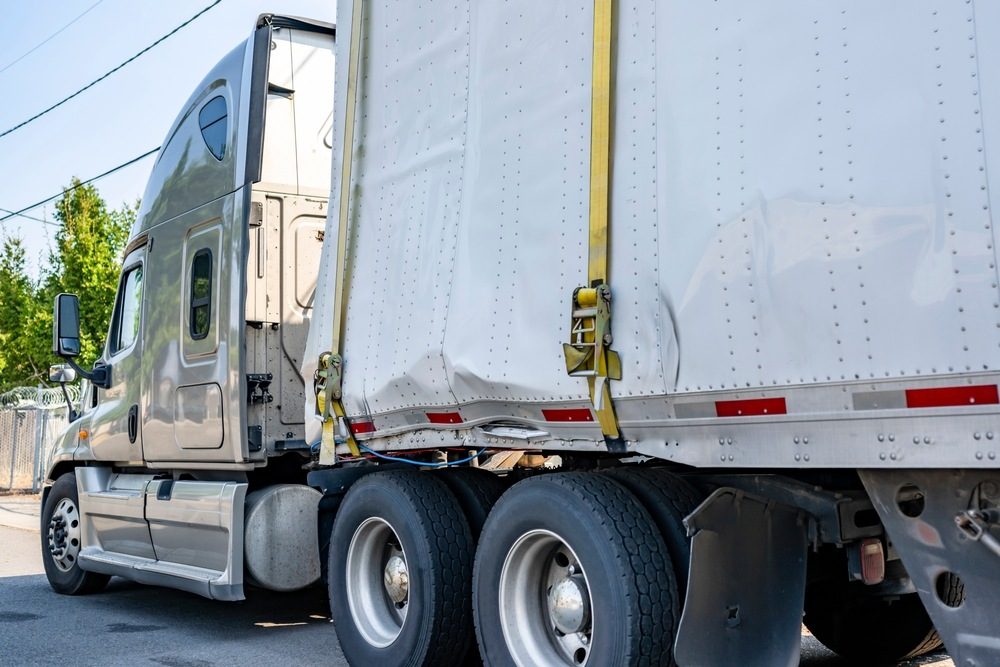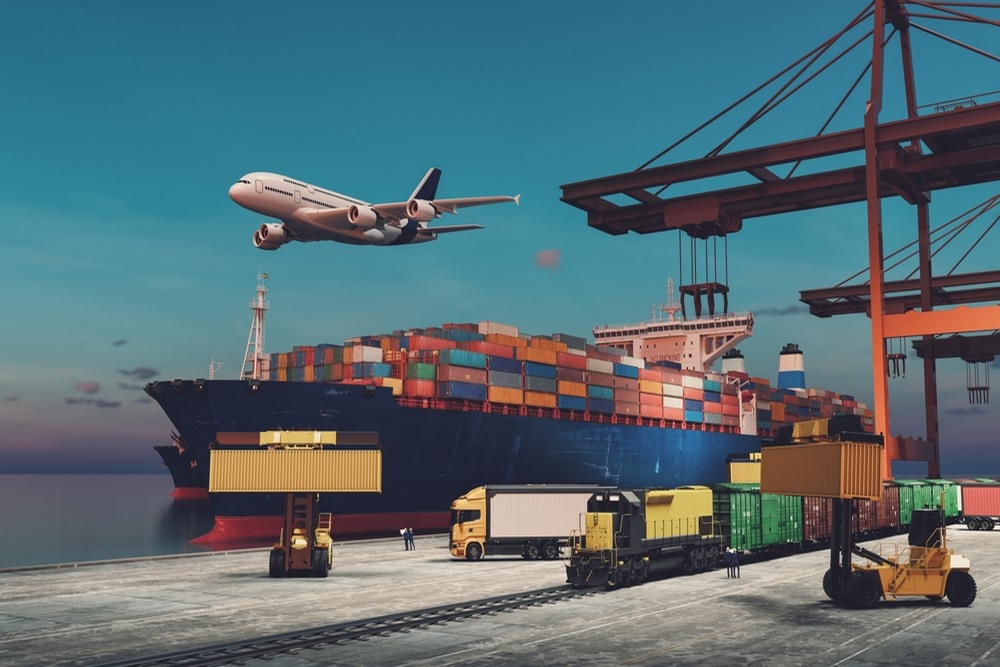
What Should You Do After a Truck Accident? A Guide to Handling Insurance Claims
Experiencing a truck accident is stressful, and knowing what steps to take afterward can significantly affect how your insurance claim is handled. This guide will walk you through filing an insurance claim, from gathering essential information at the scene to working with your insurance provider to ensure your claim is processed efficiently.
Immediately After the Accident: Collect Essential Information
The moments following a truck accident are crucial. Your priority should be safety—ensure everyone is okay and seek medical attention. Once safety is secured, it’s time to gather the necessary information for your insurance claim. This includes exchanging contact and insurance details with the other party, documenting the scene with photos, and noting witness statements if possible. Collect information about the truck involved, including the driver’s name, the company they work for, and any identifying details like license plate numbers. The more detailed your documentation, the stronger your claim will be.
Reporting the Accident to Authorities and Insurance
Once you’ve gathered all the necessary information at the scene, the next step is to report the accident. Contact local authorities to file an official report; this document will be essential when filing your insurance claim. After contacting the authorities, contact your insurance provider to inform them of the accident. Please provide them with all the collected details and follow their instructions when proceeding with the claim. Prompt reporting ensures a smooth claims process and will help avoid delays.
Working with Your Insurance Provider
After reporting the accident, the next phase involves working closely with your insurance provider. Your insurer will assign a claims adjuster to your case, who will guide you through the process. It’s essential to be transparent and provide all requested documentation to avoid complications. The claims adjuster may inspect the damage to your vehicle, review the police report, and assess the information you’ve provided. Regularly communicate with your insurance company to ensure your claim is processed correctly and efficiently. If there are any discrepancies or additional information needed, address them promptly.
Understanding the Claims Process and Your Coverage
Understanding how the claims process works and what your coverage entails is crucial in managing your expectations and ensuring you receive what you’re entitled to. Depending on your policy, your insurance may cover damages to your vehicle, medical expenses, and even lost income if you cannot work due to the accident. Familiarize yourself with the details of your coverage, and don’t hesitate to ask your insurance provider for clarification on any points you’re unsure about. Being well-informed will empower you to make the best decisions throughout the claims process.
Protecting Your Future: Customizing Coverage with Surefire Insurance
Dealing with the aftermath of a truck accident highlights the importance of having the right insurance coverage. Surefire Insurance specializes in tailoring policies to meet the unique needs of the transportation industry. Since 2013, Surefire Insurance has been committed to helping clients protect their interests with customized insurance solutions. If you’re in the trucking business, ensuring that your operations are adequately covered is crucial. By working with Surefire Insurance, you can have peace of mind knowing that your insurance policy is designed to handle the specific risks associated with your industry. Contact Surefire Insurance today at (323) 870-9503 to discuss how we can help safeguard your business with tailored coverage.





